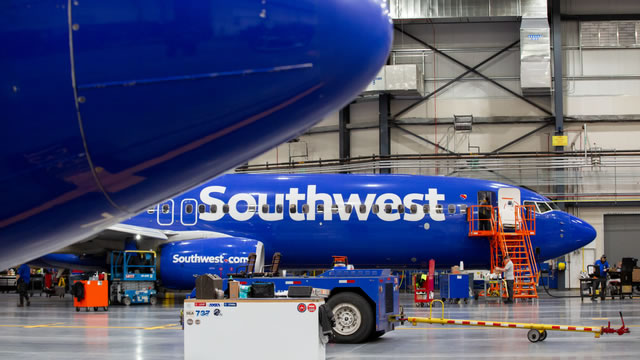An Indian appeals tribunal puts a hold on data sharing ban between WhatsApp and Meta
The Decision
An Indian appeals tribunal on Thursday put on hold the antitrust authority’s five-year data sharing ban between WhatsApp and Meta for advertising purposes. The Competition Commission of India (CCI) had imposed the ban on the two tech giants earlier this year, alleging that they were sharing user data without proper consent.
The Implications
This decision has sparked a debate among privacy advocates, tech industry experts, and government officials. Some argue that the ban was necessary to protect user data and prevent monopolistic practices, while others believe it was a blow to innovation and competition in the digital advertising space.
WhatsApp and Meta have both welcomed the tribunal’s decision, stating that they are committed to user privacy and will continue to work with regulators to ensure compliance with data protection laws.
Impact on Individuals
For individual users, this decision could mean more targeted advertising on WhatsApp and other Facebook-owned platforms. It also raises concerns about the privacy of user data and the extent to which tech companies can share information without explicit consent.
Impact on the World
Globally, this decision sets a precedent for how tech companies can operate in terms of data sharing and advertising practices. It could influence future regulations and antitrust actions against big tech firms in other countries.
Conclusion
While the Indian appeals tribunal’s decision to put a hold on the data sharing ban between WhatsApp and Meta may have immediate implications for users and the tech industry, the long-term effects remain to be seen. It is clear that the debate around data privacy and antitrust issues in the digital age is far from over.





